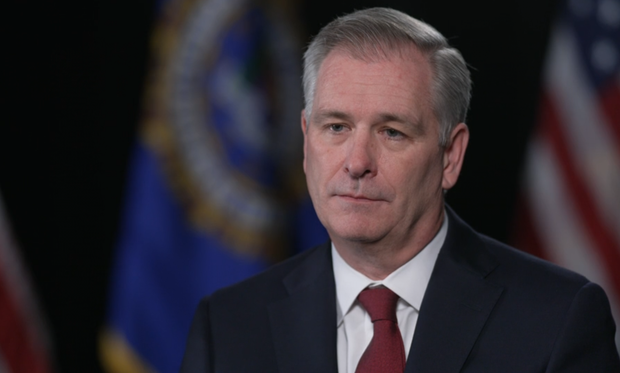Still, some would like to see banks do more. New York Attorney General Letitia James has sued Citibank, claiming the bank failed to implement strong online protections to stop unauthorized account takeovers and failed to respond to fraudulent activity.
“Banks are supposed to be the safest place to keep money, yet Citi’s negligence has allowed scammers to steal millions of dollars from hardworking people,” the New York attorney general said in a statement. “There is no excuse for Citi’s failure to protect and prevent millions of dollars from being stolen from customers’ accounts and my office will not write off illegal behavior from big banks.”
Citibank has moved to have the suit dismissed, with arguments scheduled for October. The bank accuses James of trying to use litigation to solve a problem that requires legislation.
“There is no denying that the problem is real,” the bank writes in its reply to the lawsuit. “But no system will catch every scam every time.”
Both lawmakers and law enforcement officials have told CBS News banks can do more to intercede if they know their customers are wiring away their life’s savings to con artists overseas.
“We think it’s really important for the financial institutions to step up and curtail the abuse of American citizens,” Deputy Assistant FBI Director James Barnacle told CBS News. He has overseen financial crimes investigations at the Bureau. “If the customer is doing things that are suspicious, you have an obligation as a financial adviser to ask questions and to report that to your management.”
CBS News
Banking officials counter that law enforcement and lawmakers need to do more to empower them to intercede before customer money is wired overseas – and to provide a single, central point of contact.
“Ask yourself this question: Who’s in charge of the national anti-scam, anti-fraud strategy in the U.S.?” Benda said. “Where do I report?” Who’s my partner on the government side?”
Benda said that even after investing hundreds of millions of dollars in fraud detection technology, banks remain hamstrung by their obligation to honor their customers’ wishes.
“Even if a bank has identified there is a problem with a transaction, there are rules that essentially require banks to facilitate that transaction,” Benda told CBS News, citing banking regulations that prevent banks from restricting account holders from accessing their money. “Banks don’t want to be the ones to decide when a person should make a transaction or not.”
The sophistication of the scams lies at the heart of the problem, the banking officials said. Victims are brainwashed to believe they are on the cusp of love or a financial windfall, and then coached at how they can bypass the safeguards erected by banks.
In the case of 92-year-old Ruth, who filed the lawsuit, her daughter Lesley alleges she engaged in months of appeals to her mother’s bankers, urging them to stop her mother from wiring away more of her life savings. But her mother believed the scammers were “helpers” trying to protect her.
“When they shut down my mom’s account, the helpers would say to her, ‘Ruth, you’ve got to get that account opened’,” Lesley said. “They’d give her instructions on what to say … on how to get her frozen account opened again. … She was a slave to them.”



